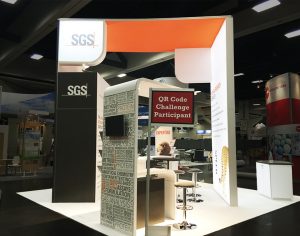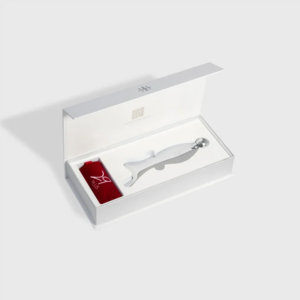5 Tips For A Successful Sound Rental Experience

Renting sound equipment is a common practice for events ranging from weddings and parties to corporate functions and concerts. However, ensuring a successful sound rental Dubai experience requires careful planning and attention to detail. From selecting the right equipment to optimizing setup and operation, these seven tips will help you steer the sound rental process effectively and achieve exceptional audio quality for your event.
Understand your venue’s acoustics:
Before renting sound equipment, assess the acoustic characteristics of your venue. Factors such as room size, shape, and materials can significantly impact sound quality and coverage. Work with your rental provider to determine the appropriate audio system configuration and placement to overcome any acoustic challenges and ensure optimal sound reinforcement throughout the space.
Choose the right sound equipment:
Selecting the right sound equipment is essential for meeting the unique needs of your event. Consider factors such as audience size, venue layout, and program content when choosing speakers, microphones, mixers, and other audio components. Opt for reputable brands and high-quality equipment to ensure reliability and performance consistency during your event.
Tailor your sound rental package:
Customize your sound rental package to match the specific requirements of your event. Determine the quantity and types of microphones, speakers, amplifiers, and accessories needed to accommodate your program agenda, performers, and audience size. Collaborate with your rental provider to design an inclusive equipment package that addresses all audio reinforcement needs while staying within your budget.
Plan for backup equipment:
Prepare for the unexpected by including backup equipment in your rental package. Spare microphones, cables, amplifiers, and other vital components can be a lifesaver in the event of technical issues or equipment failure during your event. Discuss backup options with your rental provider and have contingency plans in place to minimize disruptions and ensure uninterrupted audio coverage.
Conduct sound checks and rehearsals:
Schedule ample time for sound checks and rehearsals before your event to fine-tune audio levels, balance instrument and vocal mixes, and address any feedback or sound quality issues. Involve performers, presenters, and technical staff in the process to ensure everyone is comfortable with the sound setup and familiar with operating procedures. Use this opportunity to test microphone placement, monitor placement, and stage monitoring to optimize audio quality and minimize issues during the event.



